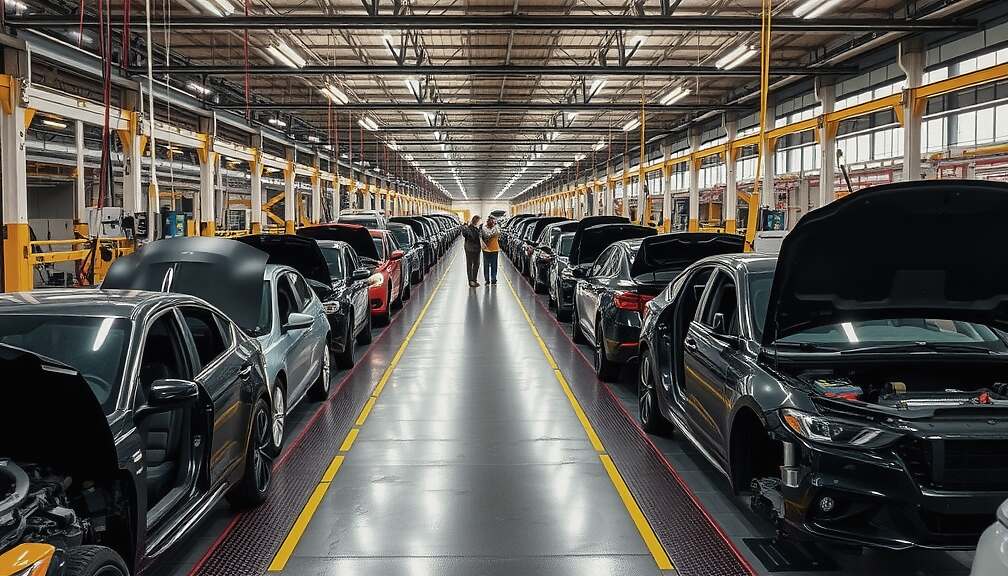The automotive sector in Germany is signaling a tentative rebound, according to a new report from the Munich-based Ifo Institute, although ongoing challenges persist and cloud the overall picture. The business climate index, a key indicator of industry health, experienced a noticeable improvement in October, climbing to -12.9 points from a significantly lower -21.3 in September. While remaining firmly in negative territory, the uptick suggests a potential shift in momentum following a September decline.
Crucially, the report highlights a sharp increase in business expectations within the auto industry. These expectations, currently at -3.9 points compared to -22.1 in September, represent the most optimistic outlook in two years. This surge in anticipated future performance contrasts with a slightly diminished assessment of the current situation, with companies rating their existing conditions at -21.6 points, a small decrease from September’s -20.4.
The improvement in expectations is bolstered by several encouraging data points. Companies are reporting a substantial rise in demand, a factor directly contributing to a record high production capacity utilization rate of 84.2 percent – the highest level recorded this year. Furthermore, fewer firms are citing a lack of orders as a constraint, indicating a potential easing of supply chain bottlenecks that have plagued the sector.
Exporter expectations also saw a positive trajectory, rising to 18.0 points, albeit incrementally surpassing the already robust 16.7 points reported in September. This signals a continued appetite for German-made vehicles in international markets.
However, analysts caution against interpreting the October uptick as a complete turnaround. The fact that the index remains deeply negative underscores the significant headwinds still facing the automotive industry, including ongoing geopolitical instability, raw material price volatility and the accelerating transition to electric vehicles – a shift requiring substantial and costly investment. The relatively weaker assessment of the current situation, coupled with persistent concerns about long-term structural changes, suggests that a sustained recovery remains conditional on navigating these complex factors effectively. The government’s policies regarding electric vehicle subsidies and infrastructure development will, therefore, prove critical in determining the industry’s longer-term stability and competitiveness.












